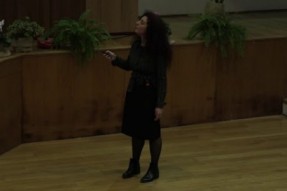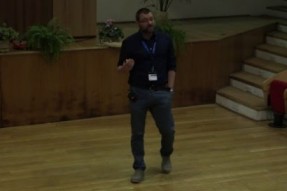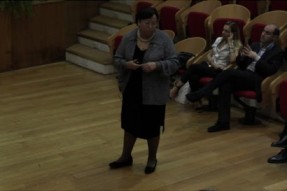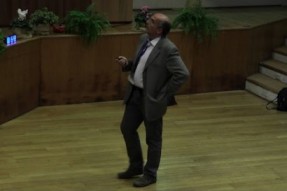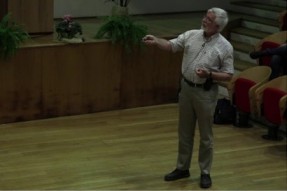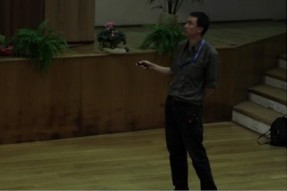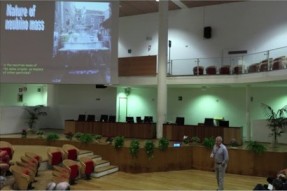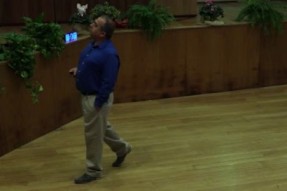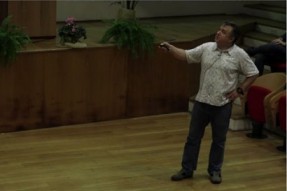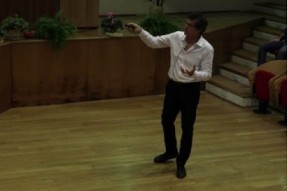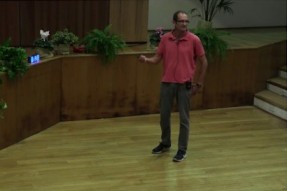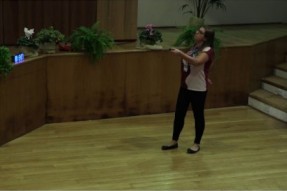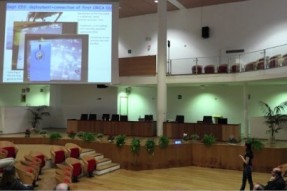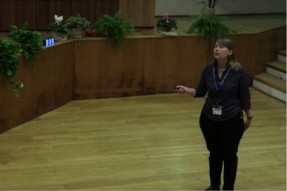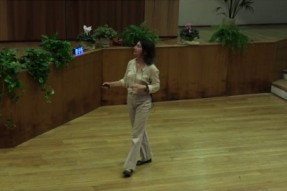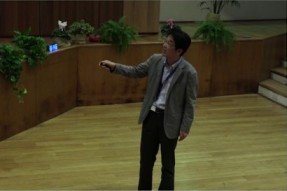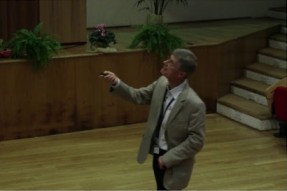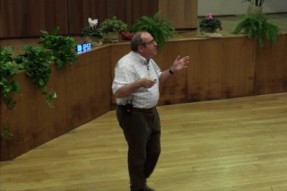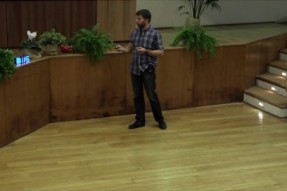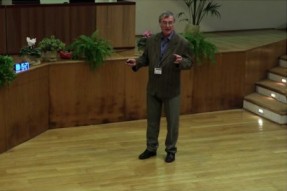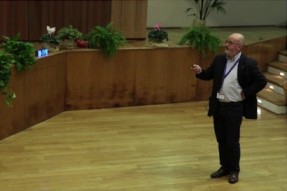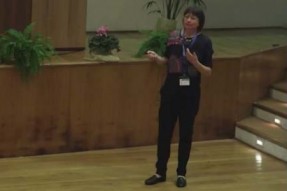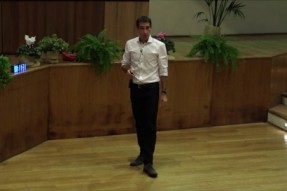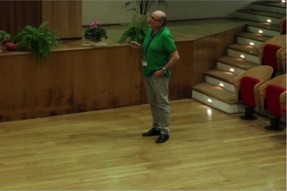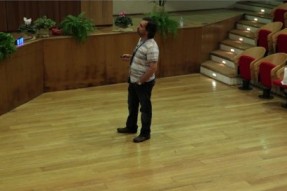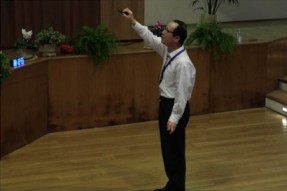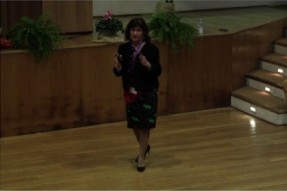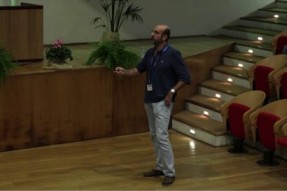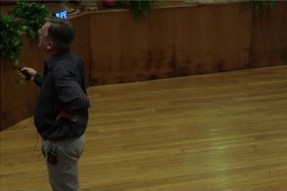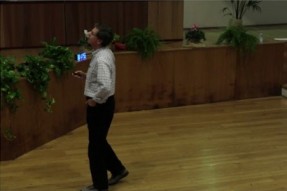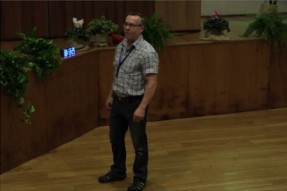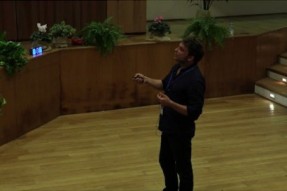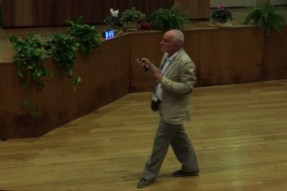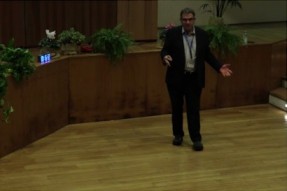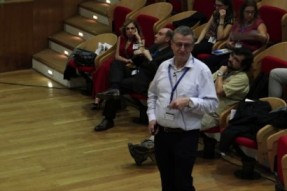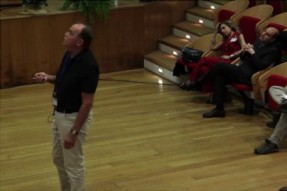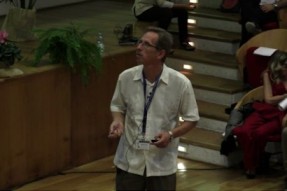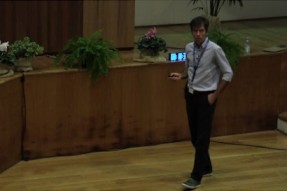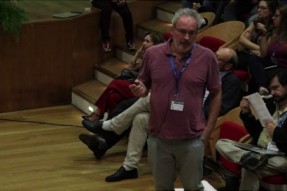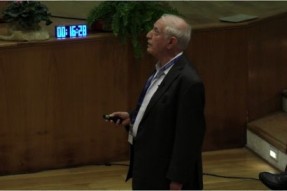The next generation direct neutrino mass experiment KATRIN, the Karlsruhe Tritium Neutrino experiment will improve the best limit from the tritium beta decay experiments at Mainz and Troitsk of 2 eV by one order of magnitude to 200 meV probing the region relevant for structure formation in the universe and to distinguish hierarchical from quasi-degenerate neutrino mass scenarios. In addition to the neutrino mass KATRIN will be sensitive to eV and keV sterile neutrinos and other physics beyond the Standard Model.
KATRIN uses a strong windowless gaseous molecular tritium source combined with a huge MAC-E-Filter as electron spectrometer. In October 2016 KATRIN celebrated "first light": For the first time electrons from a photoelectron source and ions from an ion source were successfully transported over the full KATRIN beamline of 70m length. In July 2017 conversion electrons from Kr-83m decays in the tritium source (still without tritium) will be used for calibration and commissioning. The commissioning next steps aim to allow Tritium data taking in 2018. Data and results from the various commissioning steps of KATRIN and an outlook on the tritium data taking and analysis will be presented.
"CNNP 2017 - Conference on Neutrino and Nuclear Physics" (Catania, 15-21 October 2017)
Vedi anche
- Bellezze e sporcizia nell'Universo
- Simmetria: la ricerca di ordine in natura
- Structure of proton-rich nuclei via mirror beta decay and charge exchange reactions
- Developments and applications of Micro-Pattern Gaseous Detectors (MPGD): a concise review
- Novel approaches to the nuclear physics of double beta decay
- DAMA/LIBRA results and perspectives
- The SOX experiment at LNGS for the search of sterile neutrinos
- The HALO and HALO-1kT Supernova Detectors
- Low-energy neutrino experiment at Jinping
- Theory of neutrino masses and mixing
